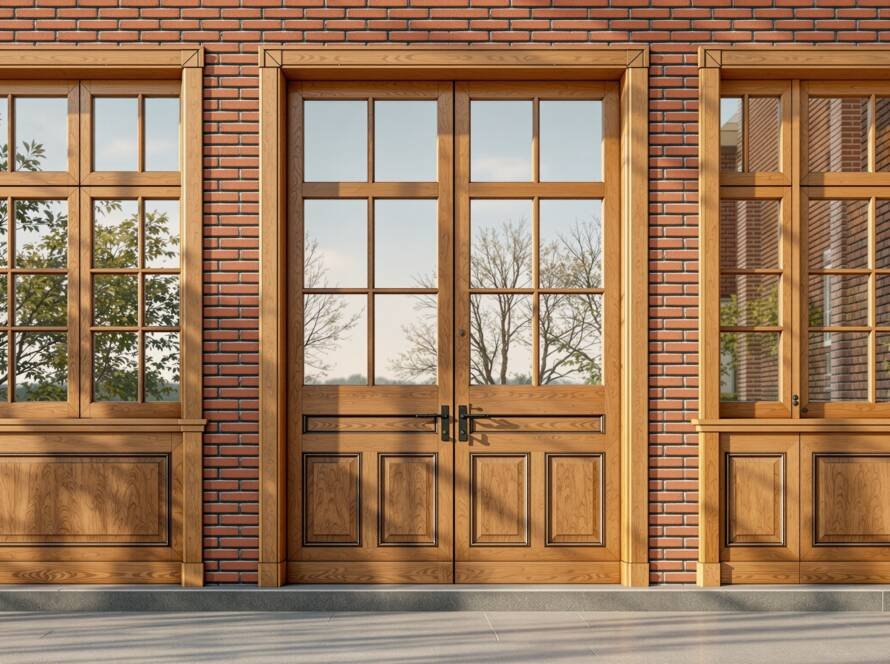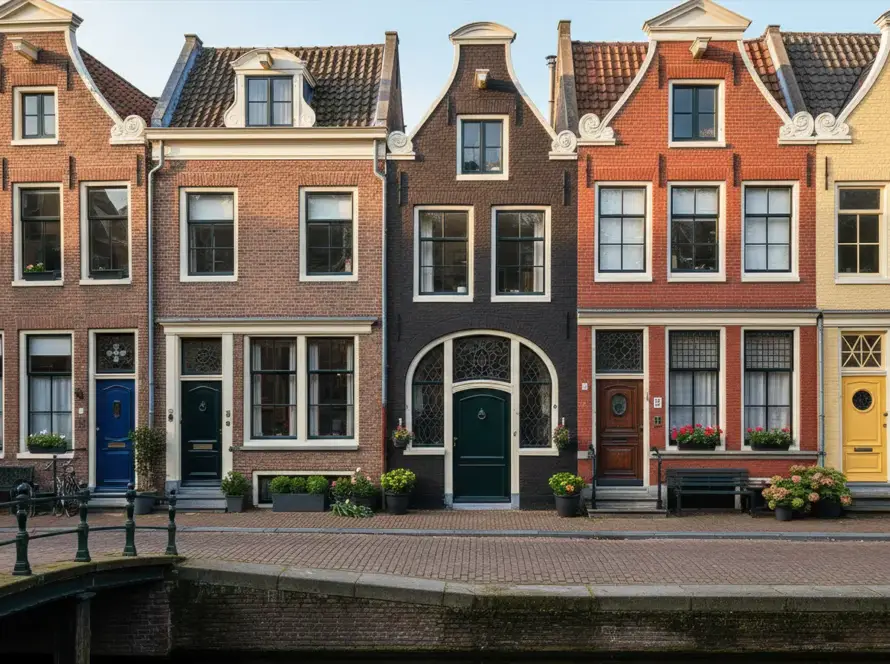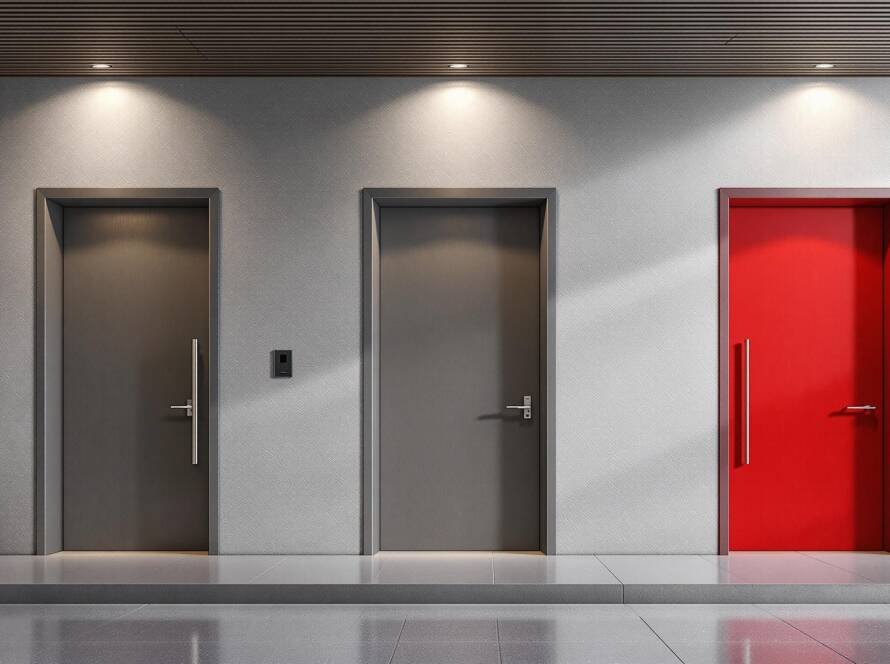In today’s world, energy efficiency has become a critical aspect of home building and renovation, particularly in the Netherlands. With rising energy costs and a growing emphasis on sustainability, Dutch homeowners are increasingly turning to energy-efficient windows and doors as part of their renovation projects. This article explores the significance of upgrading to energy-efficient solutions, key concepts to understand in this realm, the latest trends, practical tips for implementation, and a comprehensive summary to help you make informed decisions.
Basic Concepts
Before delving deeper into the topic, it’s essential to clarify some key terms and concepts related to energy-efficient windows and doors:
- Energy-Efficient Windows: These are windows designed to reduce energy consumption by minimizing heat loss. They typically feature multiple panes, gas fills, and low-emissivity (Low-E) coatings.
- Door Insulation: Insulated doors are designed to prevent heat from escaping and improve the overall thermal performance of the home.
- Thermal Performance: The ability of windows and doors to resist heat flow, measured by U-value. A lower U-value indicates a higher insulating efficiency.
- Sustainability: The use of materials and practices that do not deplete resources or harm the environment, ensuring enduring benefits for both homeowners and the planet.
The Importance of Energy-Efficient Windows and Doors
Upgrading to energy-efficient windows and doors is not just a trend but a necessity in the modern Dutch housing market. Below are several points outlining their importance:
- Cost Savings: Investing in energy-efficient solutions can lead to significant reductions in heating and cooling costs. Homeowners can save hundreds of Euros annually as these upgrades lower energy consumption.
- Environmental Impact: By using sustainable materials and improving insulation, homeowners contribute to decreasing their carbon footprint, aligning with national goals for sustainable living in the Netherlands.
- Increased Property Value: Homes equipped with energy-efficient windows and doors are highly coveted in the Netherlands. When it comes time to sell, such upgrades can enhance property value and marketability.
- Enhanced Comfort: Good insulation quality ensures a more comfortable living environment by maintaining consistent indoor temperatures and reducing draftiness.
Trends in Energy-Efficient Windows and Doors in the Netherlands
The market for energy-efficient windows and doors in the Netherlands is evolving rapidly. Below are some notable trends:
1. Smart Technology Integration
Advances in smart technology lead to automatic window and door systems that optimize energy consumption based on real-time climatic conditions. Energy-efficient solutions like smart glass are gaining popularity as they can adjust their tint based on sunlight exposure, improving comfort and reducing energy usage.
2. Sustainable Materials
Homeowners are increasingly prioritizing sustainability. Many manufacturers now offer windows and doors made from eco-friendly materials such as recycled aluminum, sustainable wood, and composite materials. This shift aligns perfectly with the growing demand for sustainable construction practices across the Netherlands.
3. Enhanced Aesthetics
Modern energy-efficient windows and doors are not only functional but also visually appealing. There is a trend toward larger windows, allowing for increased natural light while employing energy-efficient glass technologies. Homeowners can achieve a blend of beauty and efficiency seamlessly.
4. Compliance with Regulations
The Dutch government has established strict energy performance regulations for residential buildings. Homeowners are motivated to stay compliant to benefit from green financing options and tax incentives promoting sustainable renovations.
Best Practices for Choosing Energy-Efficient Windows and Doors
When embarking on your journey to improve your home with energy-efficient windows and doors, consider these practical tips:
- Research and Select the Right Products: Investigate various brands and models that specialize in energy-efficient products tailored for the Dutch climate. Look for certifications like the Energy Label that indicate energy efficiency standards.
- Consult with Professionals: Engage with energy consultants or certified professionals who have extensive experience in the Dutch renovation market. They can provide you with tailored advice and best practices.
- Focus on U-Values: Prioritize products with the lowest U-values as they will provide better insulation. Aim for a U-value of less than 1.0 W/m²K for optimal energy efficiency.
- Look for Manufacturers with Warranties: Reputable manufacturers provide warranties, which can offer you additional peace of mind regarding the durability and functionality of your investment.
- Take Installation Seriously: Proper installation enhances performance. Do not compromise on this aspect. Ensure that skilled professionals handle the installation to eliminate air leaks and maximize insulation efficiency.
Conclusion
Enhancing Dutch homes with energy-efficient windows and doors is an investment that yields numerous benefits, from substantial cost savings to improved comfort and a smaller carbon footprint. As the market trends toward smarter, more sustainable options, homeowners in the Netherlands have a unique opportunity to transform their living spaces while adhering to eco-friendly principles.
By understanding the essential concepts, adopting current trends, implementing best practices, and working with professionals, Dutch residents can ensure that their renovation projects are fruitful and impactful. Explore the possibilities that energy-efficient windows and doors present and take the steps necessary to make your home a model of sustainability and efficiency.




